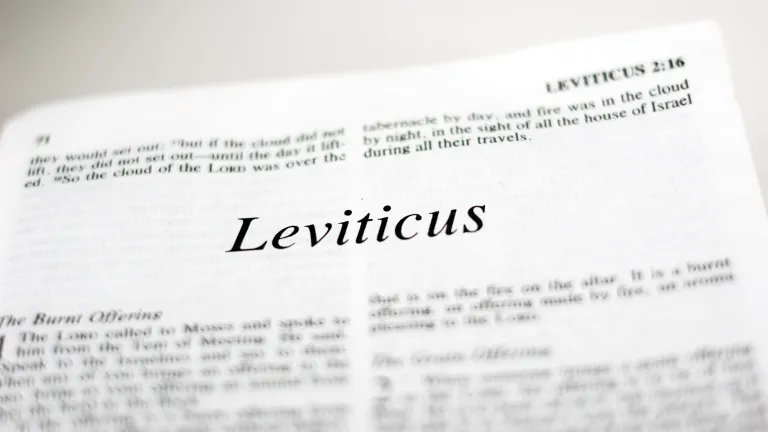What Does the Bible Say About Getting Blood Transfusions?

Do Bible verses (like Leviticus 17:10-14) about not eating blood mean that people should also avoid receiving blood transfusions? Does the Bible say anything about blood transfusions at all?
Sometimes it’s been interpreted that the biblical law against eating blood means that people also shouldn’t have blood transfusions. A look at the verses about blood in the Bible shows that this wasn’t the intent of the law. The command was a prohibition against customs that pagan nations around Israel were using in their worship of idols and false gods. This type of pagan worship sometimes involved drinking the blood of animals in the belief that the worshiper would receive strength through the blood.
Notice this paragraph from Commentary on the Whole Bible by Jamieson, Fausset and Brown on Leviticus 17:10: “[I will even set my face against that soul that eateth blood.] The face of God is often used in Scripture to denote His anger <Psalms 34:16; Revelation 6:16; Ezekiel 38:18>; and the manner in which God’s face would be set against such an offender was, that if the crime were public and known, he was condemned to death; if it were secret, vengeance would overtake him (see the note at <Genesis 9:4>). But the practice against which the law is here pointed was an idolatrous rite. The Zabians, or worshippers of the heavenly host, were accustomed, in sacrificing animals, to pour out the blood, and eat a part of the flesh at the place where the blood was poured out, and sometimes the blood itself, believing that by means of it friendship, brotherhood, and familiarity were contracted between the worshippers and the deities. They, moreover, supposed that the blood was very beneficial in obtaining for them a vision of the demon during their sleep, and a revelation of future events. The prohibition against eating blood, viewed in the light of this historic commentary, and unconnected with the special terms in which it is expressed, seems to have been leveled against idolatrous practices, as is still further evident from <Ezekiel 33:25-26; 1 Corinthians 10:20-21>.”
So when the Bible does talk about blood, it doesn’t have anything to do with the modern practice of blood transfusions.
Since there’s no dogmatic statement on a modern medical procedure like a blood transfusion in the Bible, it’s up to the individual to make decisions about health care and treatment programs. It’s a good, godly principle for people to take reasonable responsibility for their health and well-being. Any conventional or alternative medical practices they might choose to use are matters of individual conscience and preference. Any serious health decisions should be made with prayer and fasting as we look to God as our healer, along with anointing for the sick in faith (James 5:14-15).




